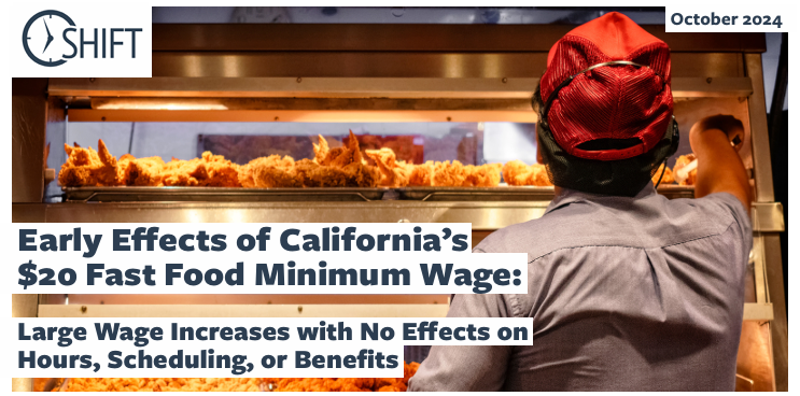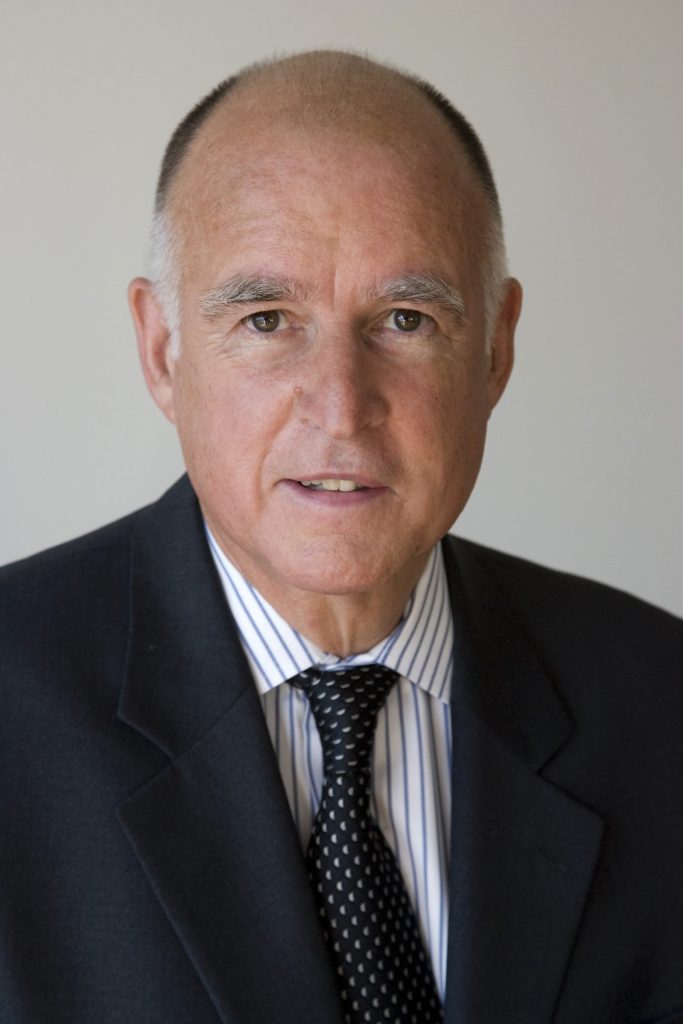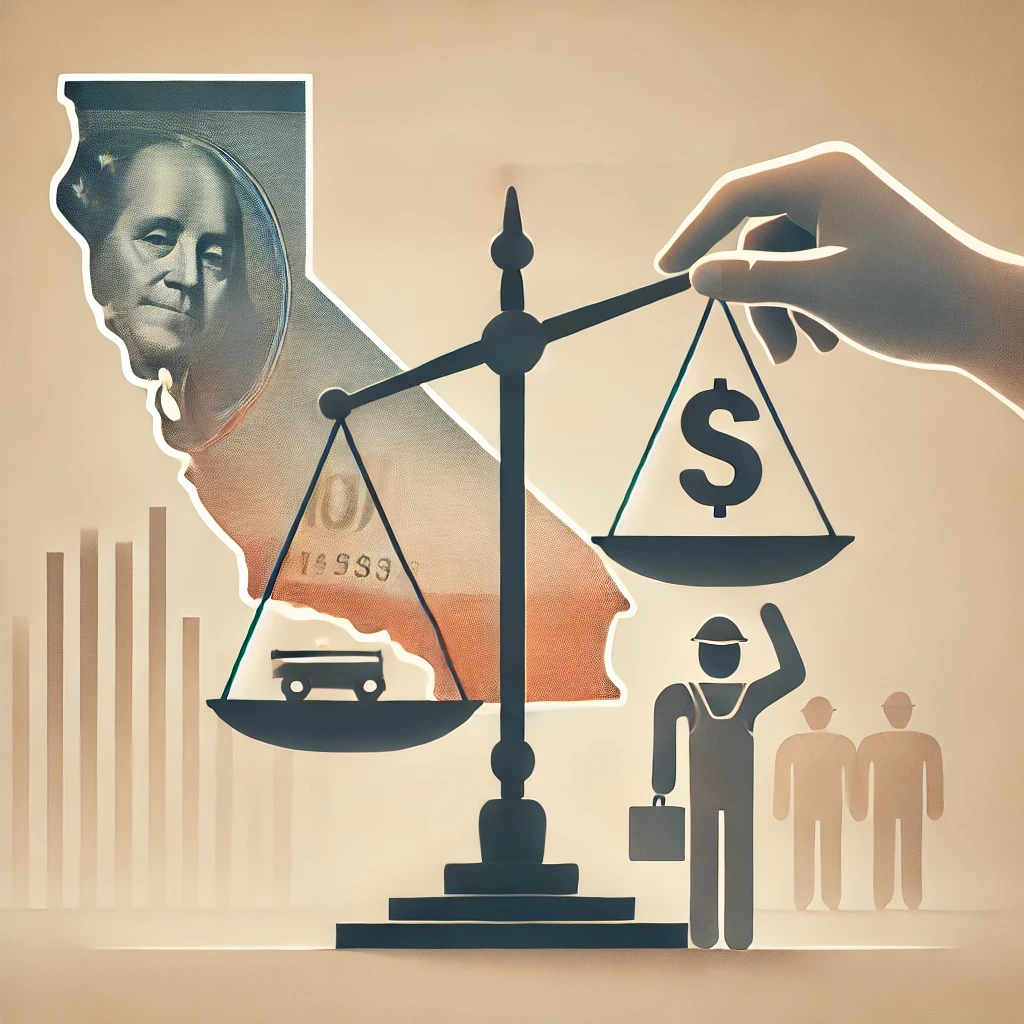For the first time in its history, California voters have rejected a proposal to raise the state’s minimum wage. Proposition 32, which would have increased the minimum wage to $18 an hour by 2026, was narrowly defeated, signaling a shift in voter sentiment on wage policies in a state known for progressive labor laws.

Supporters of the measure argued it would have provided vital financial relief to millions of workers in industries like retail, grocery, and hospitality, where low wages are common. However, opponents raised concerns about potential economic fallout, including increased costs for businesses, higher consumer prices, and possible job losses. These arguments seemed to resonate with enough voters to block the measure.

Despite this rejection, California already boasts some of the highest minimum wages in the nation. The statewide minimum wage is $16 per hour for most workers. Fast food employees earn even more, thanks to a law enacted earlier this year that raised their minimum wage to $20 an hour. This increase, established through Assembly Bill 1228 and implemented by a Fast Food Council, was a significant milestone in labor reform.

A Harvard report examining the $20 fast food minimum wage found that it did not lead to job cuts or reduced work hours, countering fears often associated with wage hikes. Instead, the study highlighted meaningful financial improvements for workers. Hourly wages increased by an average of $2.50, and the percentage of employees earning below $20 per hour dropped dramatically. Importantly, the study found no significant reduction in work hours or benefits like health insurance, demonstrating that businesses adapted to the new costs without major disruptions.

California has a long history of leading minimum wage reforms. The state became the first to pass a $15 hourly minimum wage in 2016 under then-Governor Jerry Brown. Other significant milestones include Proposition 210 in 1996, which raised wages to $5.75 an hour, and Senate Bill 3 in 2016, which gradually increased wages to $15 an hour. The state’s recent laws, such as Assembly Bill 257 and Senate Bill 525, continue to push for higher wages in specific sectors, including healthcare, where workers will see gradual increases to $25 per hour by 2028.

Local governments in California also set their own minimum wages, often exceeding the state level. Cities like San Francisco and Berkeley already mandate wages above $18 an hour, while Los Angeles ties its minimum wage to inflation, with plans to reach $17.28 by 2025.

The rejection of Proposition 32 reflects growing caution among voters about statewide wage increases, even in a state with a strong tradition of progressive labor policies. However, with fast food and healthcare workers already seeing significant wage growth, California remains at the forefront of efforts to improve worker pay and benefits.





